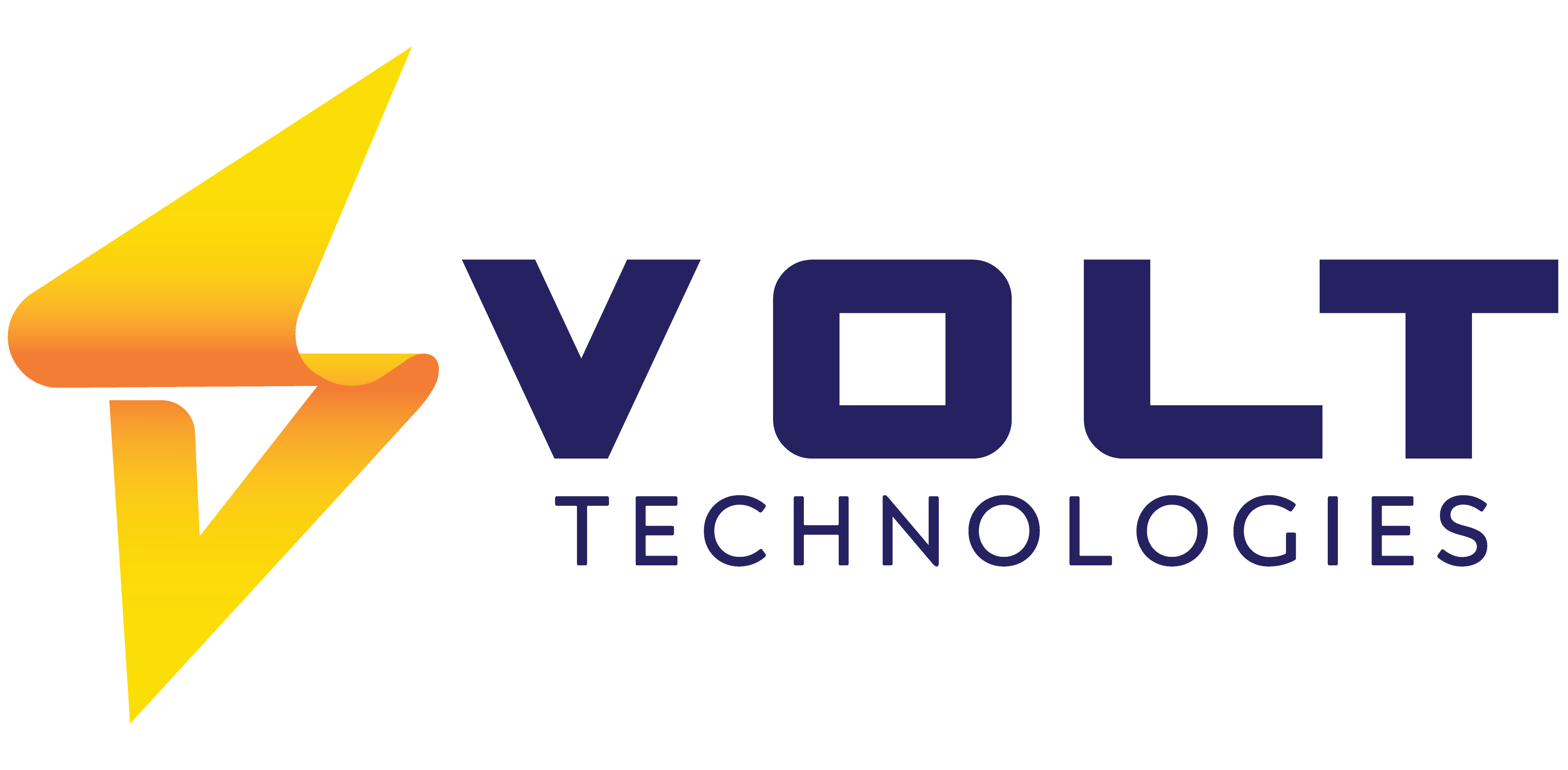ERP Integration Tips for Supply Chain Leaders


Microsoft Dynamics 365 | Simplify your IT footprint and make decisions faster.
- October 21, 2025
Introduction
Modern supply chain leaders face a tough balancing act, managing rising costs, supplier disruptions, and customer expectations for faster, more transparent delivery. In this landscape, ERP supply chain management is no longer optional, it’s essential for survival. By connecting data, processes, and people across departments, ERP software integration provides the real-time visibility and control needed to build resilience and agility.
According to McKinsey & Company, companies that fully integrate ERP systems into their supply chains experience up to 25% improvement in operational efficiency and 30% faster decision-making thanks to unified data visibility. These results highlight the transformative potential of ERP when it’s strategically integrated with core supply chain functions.
For small and mid-sized manufacturers and distributors, the journey toward integration starts with choosing the right partner. Volt Technologies provides comprehensive ERP & CRM implementation services, helping businesses align technology with strategy for end-to-end digital transformation.
Why ERP Integration Matters for Supply Chain Leaders
In today’s global marketplace, ERP integration for supply chain operations is the backbone of business agility. Disconnected systems, manual data entry, and siloed information often slow decision-making and lead to costly inefficiencies. By unifying critical functions like procurement, production, warehousing, and logistics into one connected platform, businesses gain real-time visibility and control over their operations.
A recent Gartner report reveals that organizations with fully integrated ERP systems achieve 20–30% faster order fulfillment and significant reductions in inventory carrying costs. This improvement comes from centralizing data and automating workflows, two core strengths of modern ERP systems such as Microsoft Dynamics 365 Business Central.
For supply chain leaders managing complex networks of suppliers, customers, and products, integration is not just about technology, it’s about strategy. A well-implemented ERP system turns raw data into actionable insights, enabling companies to forecast demand, manage disruptions, and deliver consistently on customer expectations.
“Every company is becoming a digital company. The question is how fast you can move from data to action.”
— Satya Nadella, CEO of Microsoft
At Volt Technologies, this principle drives every implementation. By aligning ERP capabilities with business goals, Volt helps small and mid-sized businesses build connected supply chains that are resilient, data-driven, and ready for growth.
Top ERP Integration Strategies for Supply Chain Optimization
Successful ERP supply chain management goes beyond software installation, it’s about aligning technology with every stage of your supply chain. Here are the top strategies leaders should focus on when integrating ERP systems for lasting operational efficiency.
Centralize Data and Processes
The first step toward efficient ERP integration for supply chain success is data centralization. Many small and mid-sized manufacturers operate on fragmented systems, one for procurement, another for inventory, and yet another for accounting. This disjointed approach limits visibility and increases manual errors.
With Microsoft Dynamics 365 Business Central, supply chain leaders can unify procurement, production, inventory, and finance under one platform. This not only improves coordination across departments but also provides a single source of truth for all supply chain data.
When data flows seamlessly across functions, businesses can track performance metrics, identify delays, and optimize workflows in real-time — all crucial for maintaining supply chain agility.
Adopt Cloud ERP for Flexibility and Scalability
A cloud ERP solution offers scalability and accessibility that traditional systems lack. As supply chain operations become increasingly global, leaders need platforms that enable real-time collaboration between suppliers, distributors, and internal teams.
Volt Technologies leverages the flexibility of Business Central’s cloud architecture to empower growing businesses with mobile access, automated updates, and built-in analytics, features that enhance decision-making and resilience.
Many SMBs are shifting toward cloud-first ERP strategies. Volt’s internal data from mid-market clients indicates that 70% of businesses migrating to Business Central cite better data visibility and faster response times as their top integration benefits.
Integrate ERP with Warehouse and Logistics Systems
Integrating your ERP with warehouse management systems (WMS) and logistics platforms ensures synchronized inventory and order data. This step is crucial for improving order accuracy, managing delivery timelines, and optimizing fulfillment routes.
For example, a fully integrated Business Central ERP & CRM Implementation can automatically update inventory counts as orders are processed, alert teams to low stock, and streamline coordination with logistics partners, eliminating the need for manual reconciliation.
This level of integration supports real-time visibility across the entire supply chain, from supplier order confirmation to customer delivery. It’s a strategic advantage that improves not just efficiency but customer satisfaction.
Measuring ROI and Overcoming ERP Integration Challenges
Every supply chain leader investing in ERP software integration wants measurable results, faster processes, better visibility, and improved profitability. Yet, many organizations struggle to quantify their ERP’s true impact. The key is identifying the right KPIs and metrics to track post-integration.
Measuring ERP ROI in the Supply Chain
The ROI of ERP supply chain management can be measured across several dimensions:
- Operational Efficiency: Reduced manual data entry and faster reporting cycles.
- Inventory Optimization: Lower carrying costs due to better demand forecasting.
- Customer Experience: Improved order accuracy and faster delivery.
- Cost Control: Streamlined procurement and reduced waste through automation.
According to IDC’s 2025 ERP Transformation Study, organizations that effectively measure ERP ROI report an average 18% cost reduction and 25% improvement in inventory accuracy within the first year of integration. These tangible outcomes stem from aligning ERP features with supply chain performance goals.
For small and mid-sized businesses, even incremental efficiency gains can have a major financial impact. A connected ERP ecosystem, like Microsoft Dynamics 365 Business Central, transforms fragmented data into real-time insights, helping leaders make smarter, faster decisions.
Common ERP Integration Challenges and How to Overcome Them
Despite its potential, ERP integration for supply chain isn’t without challenges. The most common obstacles include:
- Data Migration and Compatibility: Legacy systems often store data in inconsistent formats. Volt Technologies uses proven migration frameworks to ensure smooth, accurate data mapping into Dynamics 365 Business Central.
- User Adoption: Even the best ERP fails without engaged users. Volt provides hands-on training and change management support to help employees embrace new workflows confidently.
- Customization vs. Standardization: Over-customization can lead to system bloat and higher maintenance costs. Volt’s consultants guide SMBs toward scalable, standardized integrations aligned with long-term business growth.
When these challenges are proactively managed, the rewards are substantial: stronger collaboration, data-driven agility, and a measurable uptick in customer satisfaction.
Why Choose Volt Technologies for ERP Supply Chain Integration
Selecting the right implementation partner can make or break your ERP integration for supply chain success. While ERP platforms like Microsoft Dynamics 365 Business Central offer robust functionality, realizing their full potential depends on how effectively they’re tailored to your business needs.
At Volt Technologies, we specialize in helping small and mid-sized businesses leverage ERP systems to transform supply chain operations. Our team combines technical expertise with real-world industry experience to deliver solutions that are practical, scalable, and future-ready.
Here’s what sets Volt apart:
- Microsoft-Certified Expertise: As an official Dynamics 365 Partner, Volt brings deep product knowledge and direct access to Microsoft resources.
- Tailored Implementations: We align Business Central modules with your operational goals, from procurement automation to real-time logistics tracking. We align Business Central modules with your operational goals, from procurement automation to real-time logistics tracking, supported by expert ERP & CRM implementation that ensures long-term scalability.
- Seamless Integrations: Volt connects your ERP to existing systems like WMS, accounting, and Dynamics 365 Sales to create a unified data environment that empowers your sales and operations teams.
- Ongoing Support and Training: Beyond deployment, our consultants ensure your teams stay confident and capable with hands-on training and responsive support.
By taking a partnership-first approach, Volt helps businesses achieve end-to-end supply chain visibility, better decision-making, and measurable ROI. Whether you’re upgrading from NAV or starting fresh with Business Central, Volt ensures a smooth journey from integration to optimization.
Frequently Asked Questions (FAQs)
What is ERP integration in supply chain management?
ERP integration connects various business processes, like procurement, production, and logistics, into a single system. This ensures data consistency, real-time visibility, and faster decision-making across the supply chain.
How does Microsoft Dynamics 365 Business Central help supply chain leaders?
Dynamics 365 Business Central centralizes your operations, automates manual workflows, and delivers real-time analytics, helping supply chain managers reduce costs and improve efficiency.
What are the biggest challenges in ERP software integration?
Common challenges include data migration, system compatibility, and user adoption. Volt Technologies mitigates these with a proven integration roadmap and expert-led change management support.
How can I measure ERP implementation ROI?
Track metrics such as reduced operational costs, improved inventory accuracy, and faster reporting cycles. Most companies see measurable improvements within 6–12 months after go-live.
Is ERP integration suitable for small and mid-sized businesses?
Absolutely. Modern ERP systems like Microsoft Dynamics 365 Business Central are designed for scalability, making them ideal for growing SMBs seeking supply chain efficiency without enterprise complexity.
Conclusion
In a world defined by volatility and demand uncertainty, ERP integration for supply chain is no longer a luxury, it’s a strategic necessity. Businesses that unify data, automate workflows, and enable real-time decision-making are the ones that thrive in changing markets.
With Volt Technologies as your ERP partner, you gain more than software, you gain a roadmap for digital transformation.Businesses can further extend their ERP capabilities with Dynamics 365 Sales, ensuring better coordination between sales and operations teams.
Ready to take the next step?
Contact Volt Technologies today to explore how we can streamline your ERP integration journey.
